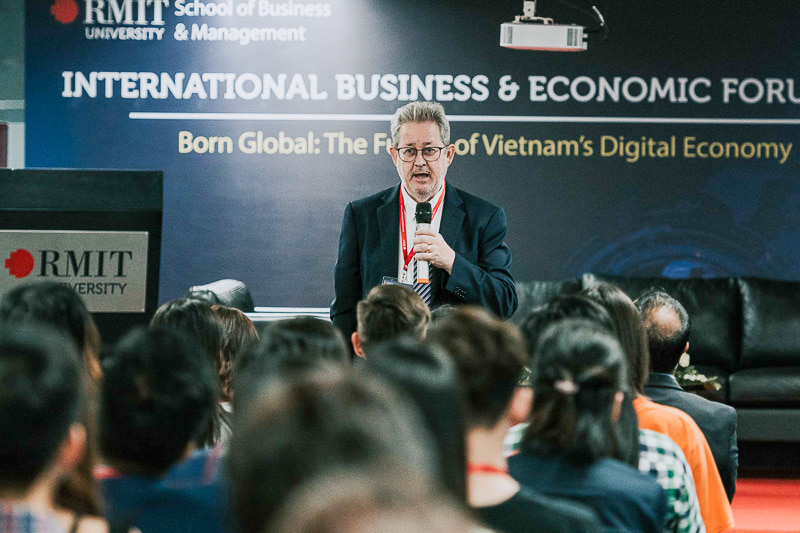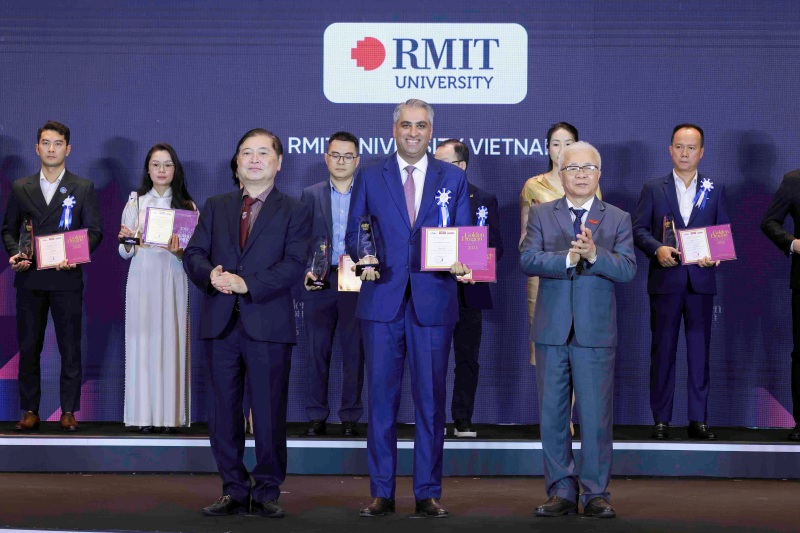RMIT University (Vietnam) International Business Program Manager Dr John Walsh identifies the key focus areas and possible caveats to consider as Vietnamese agricultural exporters prepare to enter the European Union market.
What should exporters of agricultural products be mindful of when preparing to enter the EU market?
The EU maintains some of the highest standards of sanitary and phytosanitary (plant health) standards in the world. These may get stricter post COVID-19. There is also an emphasis on reduced use of chemical insecticides and pesticides in Europe that is not maintained elsewhere.
Beyond that, some premium retail chains may have their own standards which are even higher because the quality of their products is their competitive advantage.
Many European consumers also make buying decisions based on criteria like the use of chemicals, fair trade issues and the humane treatment of animals. Of course, there are more people who buy on the basis of cost and many low-cost retailers cater to these customers. But such low-cost retailers do not offer high profit for suppliers.
In general, the more that raw products can be processed, professionally packaged and branded while meeting the necessary standards, the more they’ll be able to avoid being labelled as generic commodities that compete on price. This will ultimately return a greater profit, because consumers are often willing to pay a higher price for good taste, image and brand.
How can Vietnam's agricultural sector raise its supply chain value with the EVFTA?
We can expect new waves of Vietnamese exporters trying to sell their products in the EU market. However, there will also be pull factors, like European investors looking for suitable Vietnamese products that will sell well in Europe.
In those cases, investors can provide advice and technical assistance to improve quality and branding issues to introduce Vietnamese farmers to the exporting process in a relatively easy way, but this comes with a risk of losing profit.
It will be important, therefore, for the Vietnamese government to work with local universities, research centres and small and medium-sized enterprises (SMEs) to help raise local standards, adapt local production methods and develop new value-added products which can compete internationally.
In order to meet the standards required for exporting, Vietnamese producers will need to consider all aspects of production. It is logical to aim for the highest-level of standards to ensure products can compete on the world stage.
Overall, how will new developments such as the EVFTA and COVID-19 affect Vietnam’s position in the global supply chain?
Both EVFTA and COVID-19 are highly disruptive events. Consequently, it is very difficult to predict what changes there will be overall.
Whatever the impact on the external environment at the macro level, it is prudent for Vietnam to continue to develop its economy, including its agricultural industry. With global climate change also affecting us, any attempt to remain a large-scale producer of cheap food is unsustainable in the long run, because so much of the land is likely to become degraded under current trends.
Smart thinking and management can help regions reinvent themselves with high level products – Hokkaido in Japan is a good example of how this can be achieved. As an agricultural area, Hokkaido was left behind during Japan’s industrial modernisation. To boost the local economy, basic agriculture was supplemented with research into new products, including wine, chocolate, cheese, and other high value-added products not previously seen in Japan. This has also succeeded in promoting tourism.
Vietnam already has some noteworthy local production projects in areas such as aquaculture and ginseng, which have shown they can compete internationally. Reinventing products can be done in parallel with greater penetration of the European market while seeking to weather the turbulence of the pandemic. Government support at national and local levels is very important in this respect.
Story: Ngoc Hoang
***
Click here to read how else Dr John Walsh thinks Vietnam can make the most of the EVFTA and move up the value chain.





